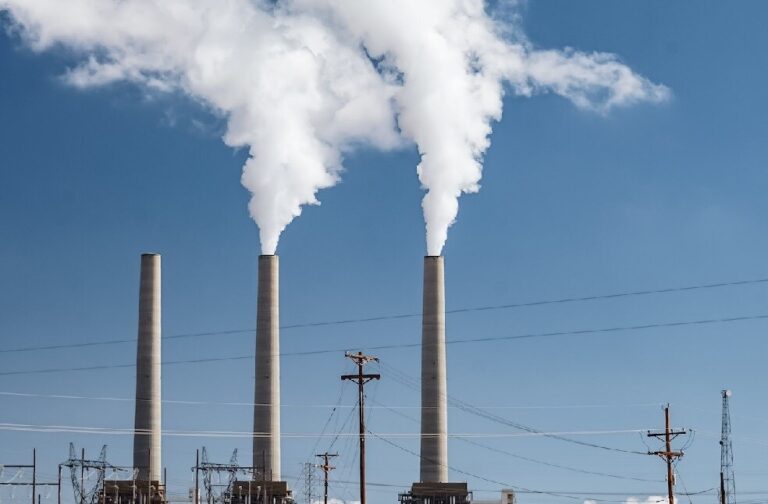United States: A new study has found that bacteria that consume the greenhouse gas methane could slow the rate of global warming. Methane is a potent greenhouse gas emitted from energy (natural gas and petroleum systems), industry, agriculture, land use, and waste management activities.
The researchers from California University Long Beach suggested a method of removing methane by using a group of bacteria known as methanotrophs to naturally convert methane to carbon dioxide and biomass.
The lead researcher Ms. Mary E. Lidstrom noted that “all the bacteria in this group ‘eat’ methane, removing it from the air and converting part of it to cells as a source of sustainable protein.” The research team has found a strain of bacteria within this group called Methylotuvimicrobium buryatense 5GB1C that can remove methane efficiently even when it is present in lower amounts.

“If it becomes widespread, the technology has the potential to help slow global warming,” the researchers added. According to the findings, the strain’s high methane consumption rate is probably due to a low energy requirement and greater attraction for methane, which is more than five times greater than that of other bacteria.
“The biggest barrier to implementation now is technical: we need to increase the methane treatment unit 20-fold. If we can achieve that, then the biggest barriers will be investment capital and public acceptance. We believe we could have field pilots tested within three to four years, and scaling up would then depend on investment capital and commercialization,” Ms. Lidstrom commented.
The agriculture sector is the largest source of methane emissions due to livestock manure and gastroenteric releases. Methane has more than 85 times the warming power of carbon dioxide over the first 20 years after it reaches the atmosphere, and it poses a particular problem as a greenhouse gas.

To implement methane-eating bacteria on a mass scale, thousands of high-functioning reactors will be needed.
Currently, most proposed methane reduction solutions are focused on decreasing emissions, but this is not always possible. Researchers stressed that both methane removal and decreased emissions strategies are needed to meet climate targets. However, Mr. Lidstrom warns that any emissions reduction strategies that enhance bacterial activity in natural communities may also result in increased nitrous oxide (N2O) emissions, which have 10 times the global warming potential of methane.
The recent findings predict that global warming can be reduced by 0.21 to 0.22 C by removing 0.3 to 1 petagram of methane by 2050.



